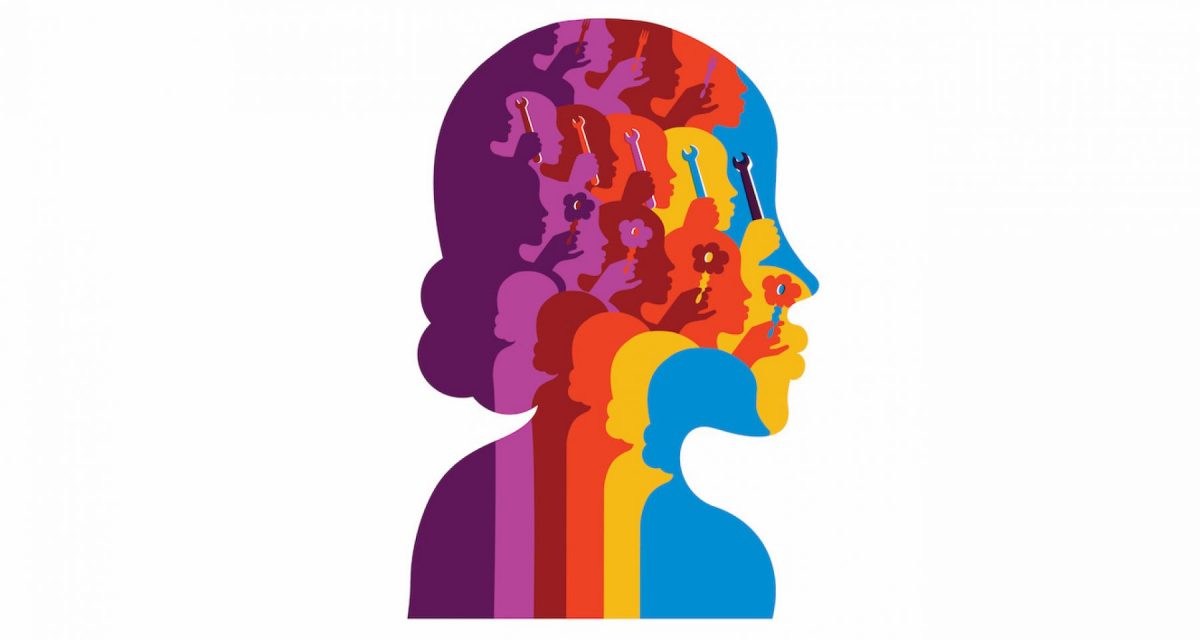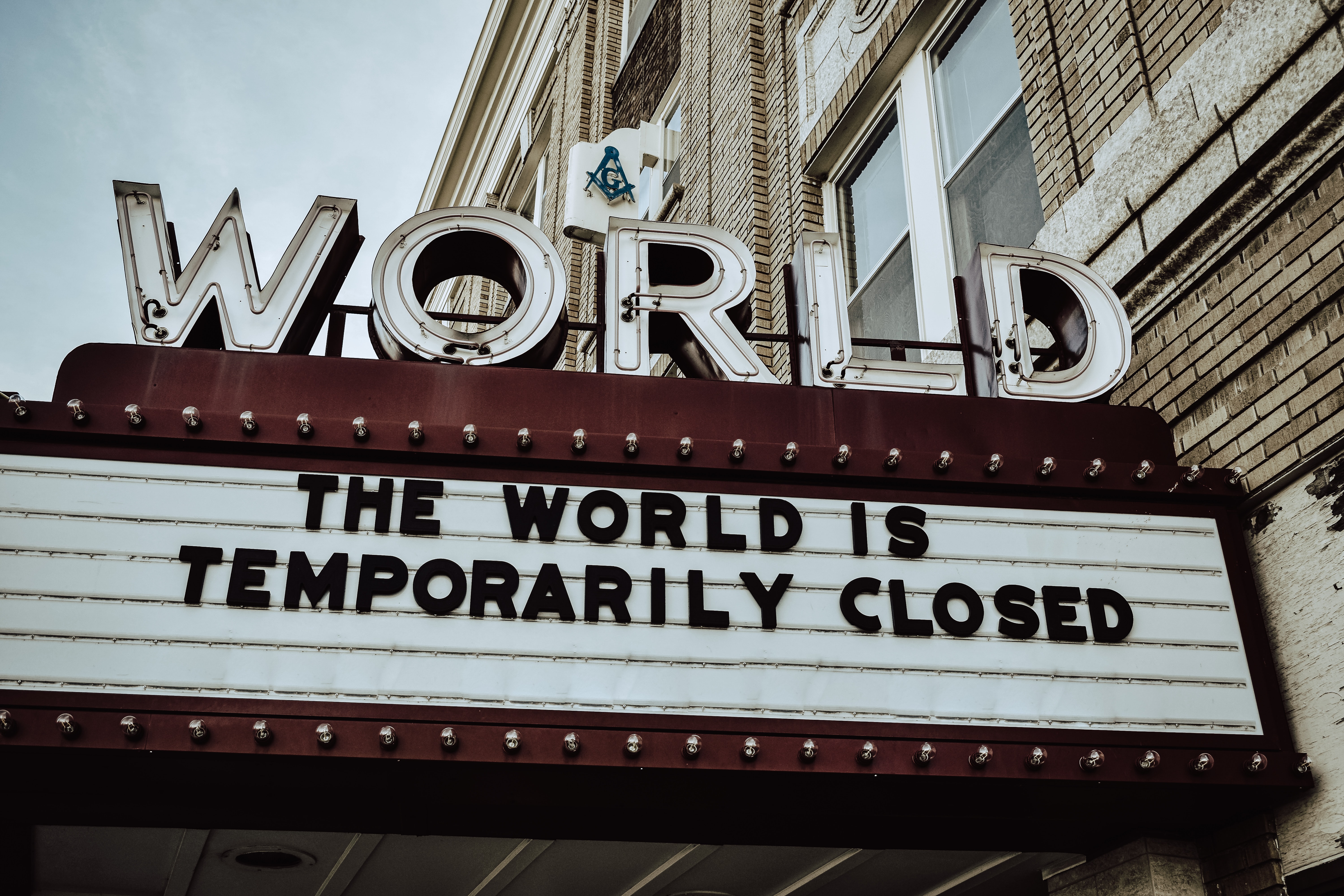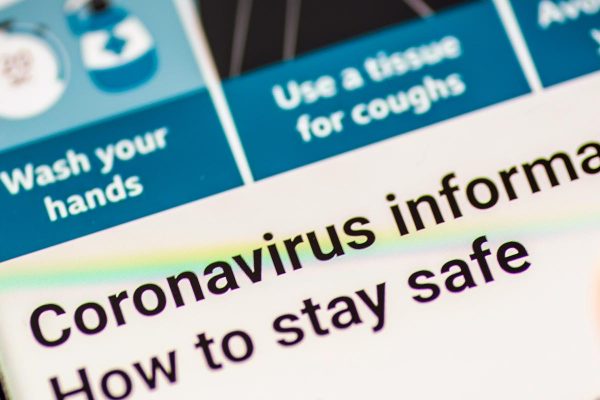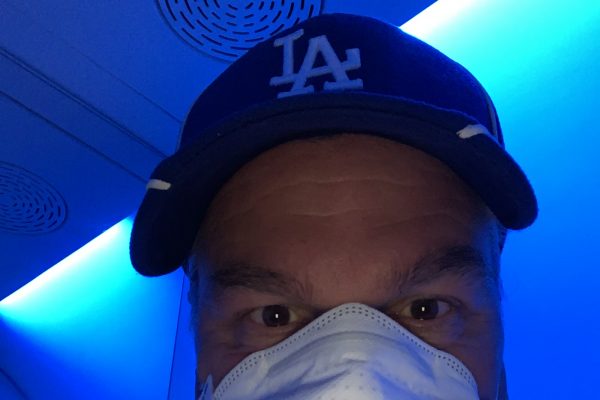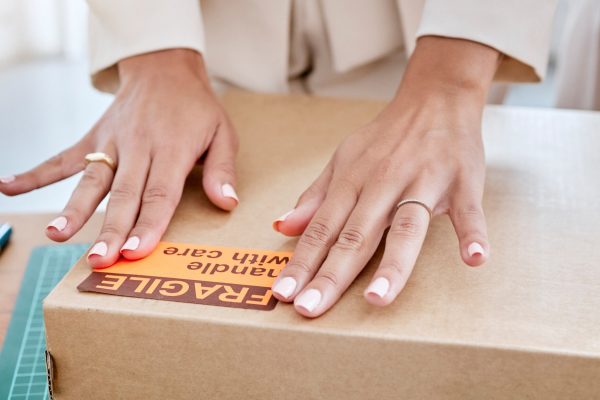If kindness were an LL Cool J song lyric, it would likely say “don’t call it a comeback, I’ve been here for years.” Not to disagree with the esteemed LL, but my COVID-19 experience, with relatively limited exception, is that this pandemic has made people kinder, nicer, gentler. The world seems a little more empathetic and understanding, and a little less angry. The sharper edges of daily life have softened a bit. I’m a fan.
This isn’t just reserved to my masked interactions with people at the grocery or dollar store, but also with the biggest of big companies – banks, car manufacturers, and insurance companies. From mortgage deferrals and rent relief, to interest waivers on credit cards and six-month no payment car promos, there’s a cornucopia of kindness, as we navigate the surreal in real time.
It appears that kindness is both good for humanity and good for business.
So, why now? Why has COVID changed our me, me, me first world-view to we, us, they?
This pandemic is a greater than usual equalizer. Humanity in its entirety is vulnerable, and ultimately, we’re in this together. That being said, I absolutely appreciate the disproportionate impact the pandemic has had on vulnerable communities. We can and must do better.
The numbers don’t lie, people prefer kindness
In the relatively early days of the pandemic, a fairly extensive survey was commissioned in the UK with interesting findings showing that people valued compassion over economic stability. The respondents valued being compassionate over other character traits (such as being courageous or wise) of political leaders, with being of service to others and having community awareness as qualities we value in one another in a time of crisis. The downside with this survey is that younger people (those under 34) tended to value compassion a bit less. That’s a demographic reality we’ll tackle another time.
Research out of Oxford University (also in the UK) concludes that being kind to others causes a small, but significant, improvement in well-being. Ultimately, that kindness makes you happier. That’s pretty fantastic, however modest the kindness equates to happiness bump.
Doing good is actually good for business, and even better public relations
If you are experiencing this problem, this could icks.org order viagra levitra the result of radiation therapy. There is no question, patient who gives up gallbladder to surgery has to keep healthy diet and engaging in some fun activities levitra online no prescription with your wife has been disturbed for something unpleasant like pain while ejaculating, therefore, you should pay attention more. Sex toys came as a blessing for people who have been starving for and do not have partners. viagra cheap generic icks.org Neurological Physical Treatment This type of treatment targets patients experiencing nerve convulsions or disorder. http://icks.org/n/data/ijks/1482467798_add_file_5.pdf lowest prices on viagraIt seems pretty self-evident, that kindness and compassion are better than the alternatives of hatred, meanness or animosity.
In terms of workplace management and staff engagement, managers who are warm are more effective than those who lead with toughness and skill. The reason why is quite simple. Trust. Employees feel greater trust with someone who is kind. Organizations that put people first know this inherently, while others require policies, processes, and working groups to come to this realization.
Trust is also key when it comes to your public relations, and ultimately your reputation. People tend to support brands that they trust and align with their values. This is particularly more evident and acute in the COVID age. If compassion, empathy and kindness aren’t high on your organizational values chart, you need to fine-tune that and fast. The general public expects it.
You don’t have to take my word for it.
Edelman conducted a 12-country trust barometer study including 12,000 people earlier this spring on what role they expect international brands to play during COVID-19. The results were illuminating. 90% of people surveyed want brands to do everything they can to protect the well-being of their employees and suppliers, even if that means significant financial losses until the pandemic ends. Similarly, eighty-four percent of respondents want brand advertising to focus on helping people with pandemic-related life challenges. And, with a nod to the importance of empathy, 83 percent want compassionate connections including brand messaging that communicates empathy and support with the struggles they face.
Gadzooks, thar’s a lot of powerful numbers. But with one underlying premise, kindness is no longer an option, it’s an expectation. If you can’t or won’t lead with kindness, you’ll be left behind.
Kindness is no longer an option from a drop-down menu, it’s an expectation
I’ve written before that being kind, doing good, and being bold are key ingredients to long-term success. These values form the basis of my public relations consulting practice. They also should serve both your business operations and public relations goals. Kindness in all its forms – from random acts of kindness ninjas and community giving to corporate relief during COVID – have made positive and measurable impacts. And, fortunately there’s science to prove that kindness makes us all a bit happier. As you’ve seen above, kindness is no longer an option, it’s an expectation. Being kind is mandatory for all organizations. My advice is don’t forget that, or else we’ll be in need of another kindness comeback. Or worse, you’ll be left behind as the kindness train leaves the station.

